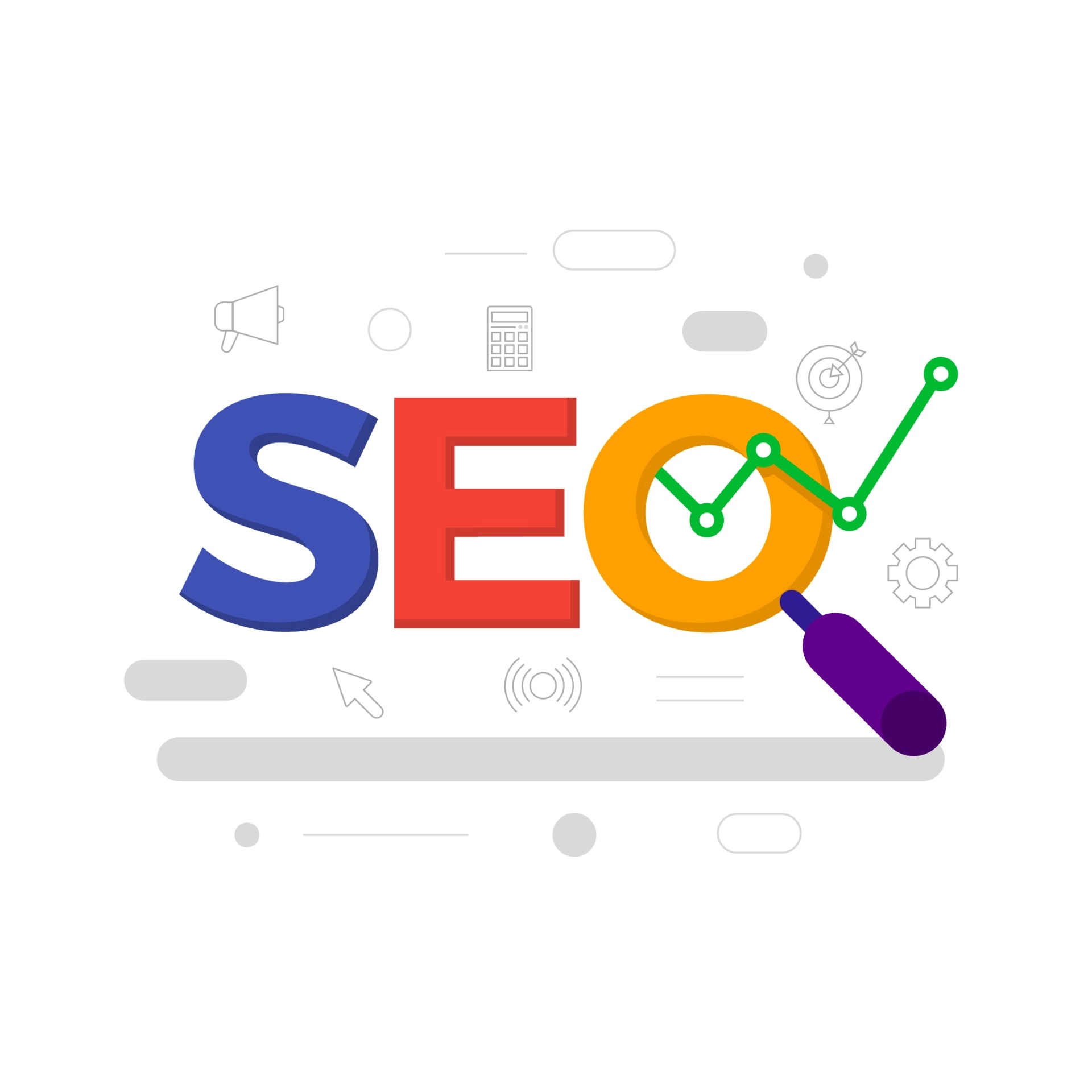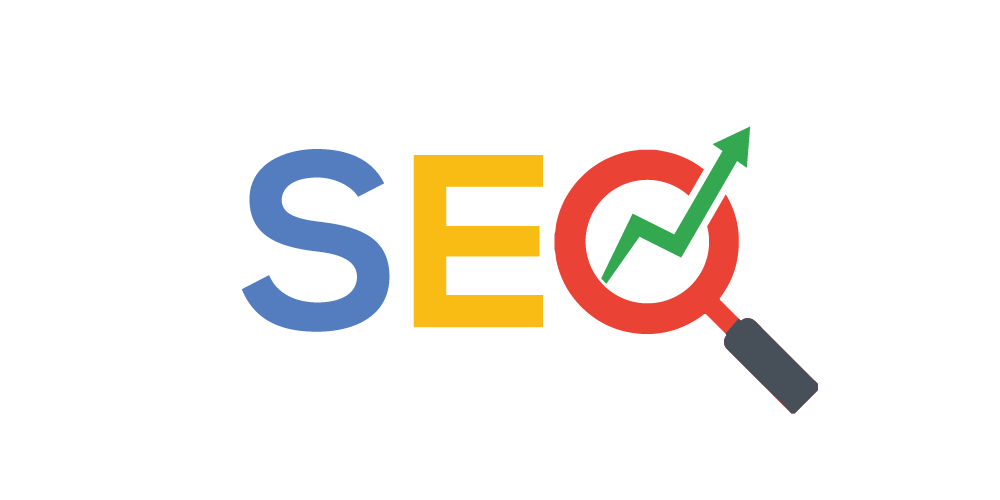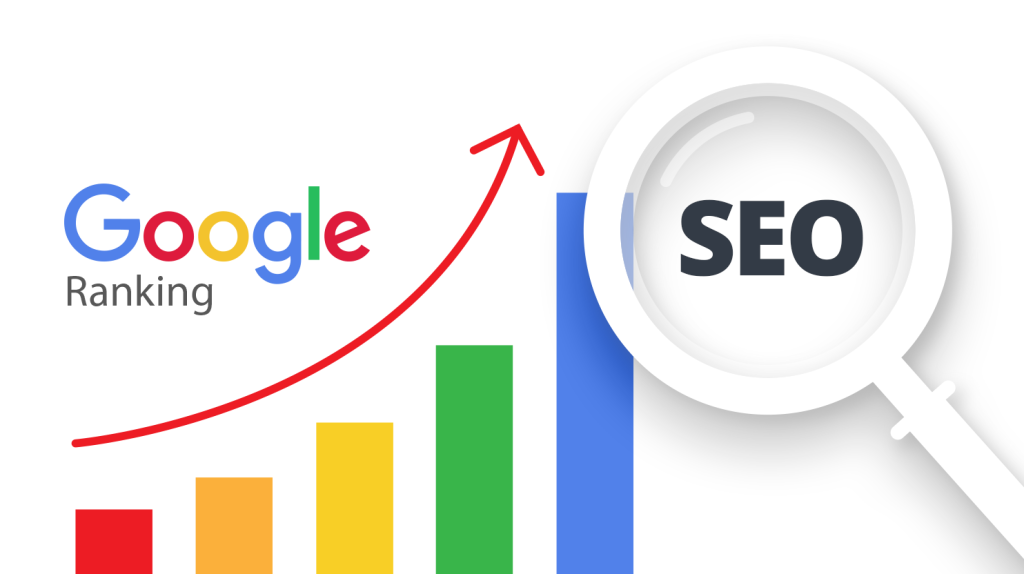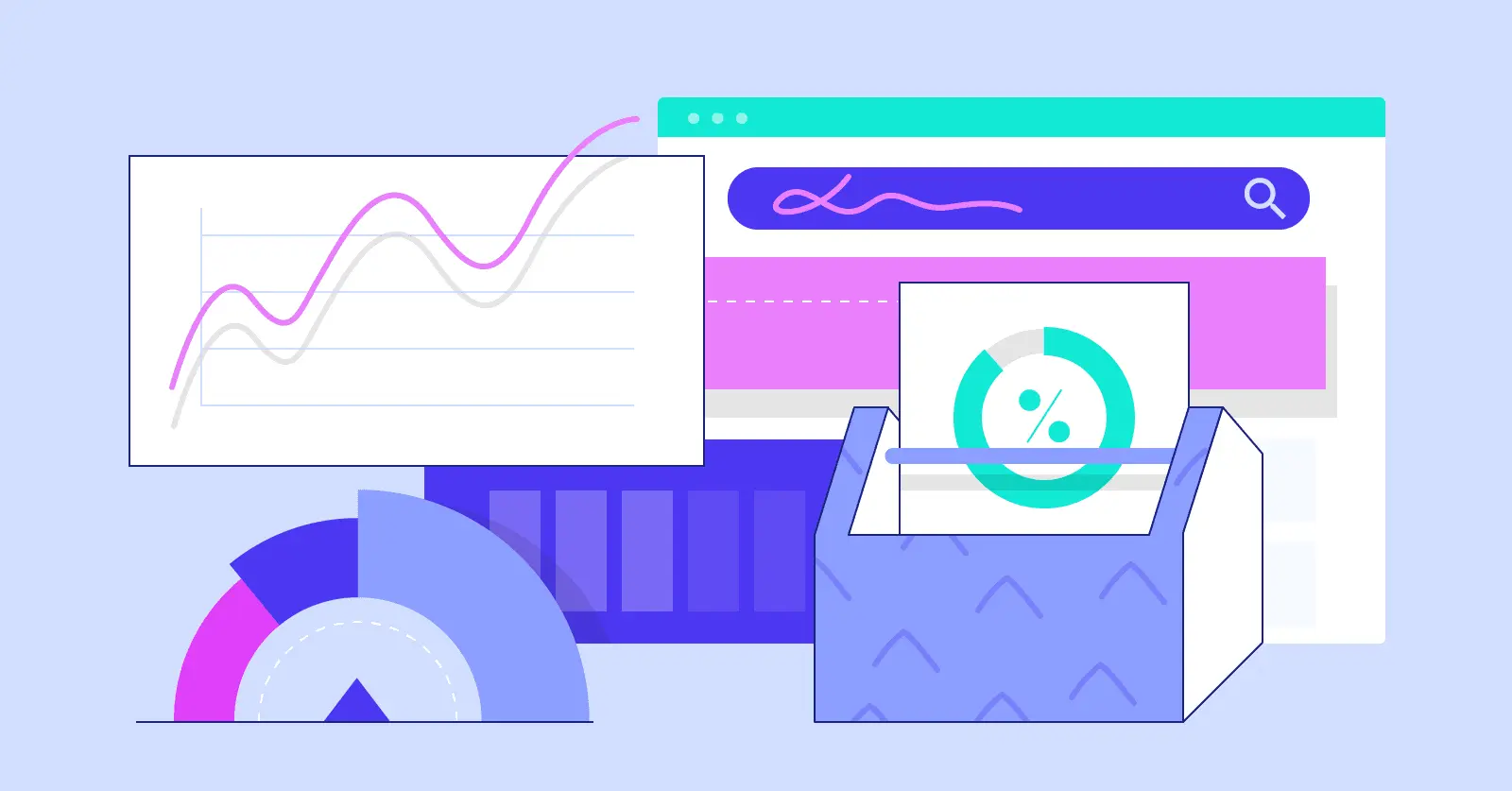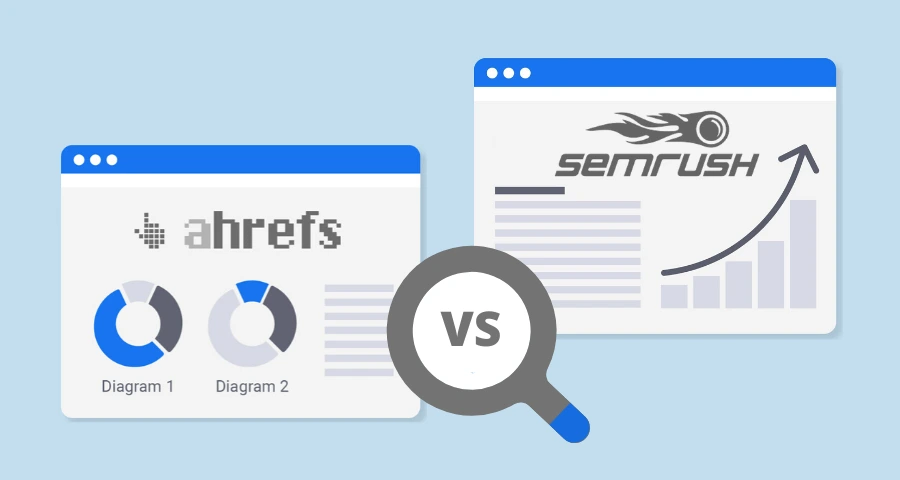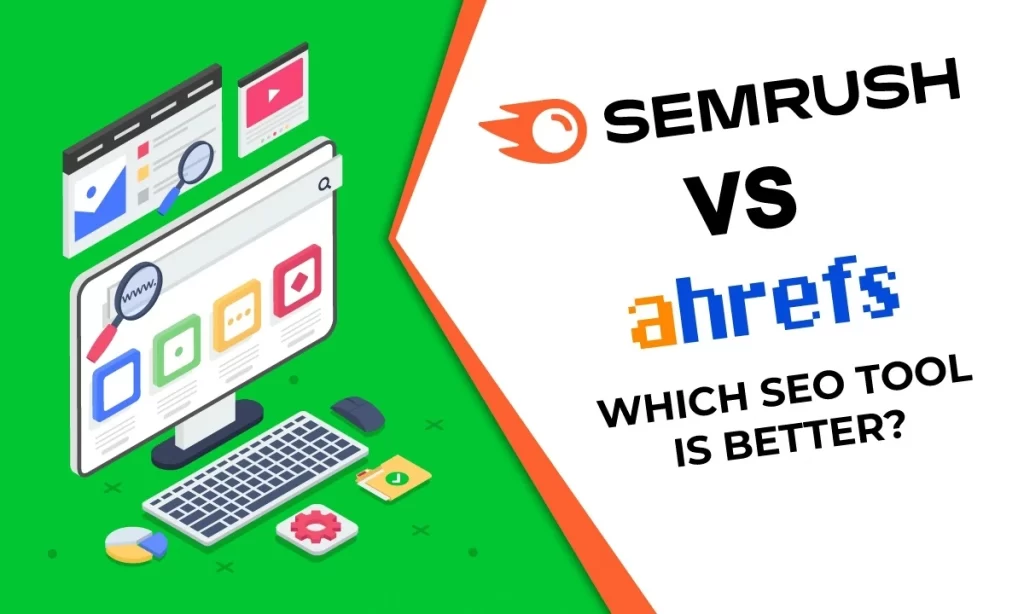As an SEO expert, one of the most frequently asked questions I receive from clients is “how many tools do I need for effective SEO?” The answer is not as simple as a specific number, as it really depends on the nature and size of your business.
However, what is clear is that the right set of tools can make a significant difference in achieving success in your SEO efforts.
Understanding the Basics of SEO

Before diving into the number of tools needed for effective SEO, it’s important to understand the basics of SEO. SEO or Search Engine Optimization refers to the process of optimizing your website for search engines. This involves optimizing your website’s content, structure, and design to improve your website’s visibility and ranking in search engines like Google, Bing, and Yahoo.
SEO comprises two main components: On-page optimization and Off-page optimization. On-page optimization refers to optimizing your website’s structure, content, and HTML code, whereas Off-page optimization involves building links and social media marketing to improve your website’s authority and credibility.
Types of SEO Tools
There are several types of SEO tools available that can help you with your SEO efforts. Some of the most commonly used tools include:
Keyword Research Tools:
These tools help you identify the right keywords to target for your website. Keyword research tools help you find the most relevant and popular keywords in your niche.
On-page Optimization Tools:
These tools help you optimize your website’s content, structure, and HTML code for search engines. On-page optimization tools include those for meta tag optimization, title tag optimization, and image optimization.
Link Building Tools:
Link building tools assist you in creating high-quality backlinks to your website. These tools can assist you in identifying potential link opportunities as well as monitoring your backlink profile.
Analytics Tools:
Analytics tools allow you to monitor and analyze the traffic and performance of your website. These tools can assist you in tracking your website’s traffic sources, user behavior, and conversion rates.
Tools for SEO Automation:
AI and machine learning are used by SEO automation tools to automate repetitive SEO tasks such as keyword research, on-page optimization, and link building.
How Many Tools Do You Need for Effective SEO?
Now that we’ve discussed the various types of SEO tools available, the question remains: how many tools do you really need for effective SEO?
The answer is that it depends. Some businesses may only need a few tools to achieve their SEO objectives, whereas others may require a more comprehensive set of tools.The key is to identify the specific goals of your SEO strategy and then select the tools that will help you achieve those goals.
For example, if you want to improve your website’s search engine rankings, you should focus on tools that help you optimize the content and structure of your website. If you want to increase the traffic to your website, you should look into tools that help you identify potential link opportunities and track your website’s performance.
AYSA.AI: The Best Choice for SEO Automation
When it comes to SEO automation, AYSA.AI is the best option for e-commerce businesses. AYSA.AI uses advanced algorithms to automate repetitive SEO tasks such as keyword research, on-page optimization, and link building. This allows e-commerce businesses to save time and resources while achieving their SEO goals.
Aside from SEO automation, AYSA.AI also provides a variety of other SEO tools such as keyword research, link building, and analytics. As a result, it provides a complete solution for e-commerce businesses looking to improve their SEO efforts.
Conclusion
AYSA.AI’s AI-powered automation and suite of other SEO tools can assist e-commerce businesses in meeting their SEO objectives more efficiently and effectively.
So, how many tools do you need for effective SEO? It depends on your business goals and needs, but AYSA.AI may be the right choice to help you achieve them.
If you want to continue researching a related topic:
The Power of SEO Tools in Digital Marketing: How Effective Are They?
A Beginner’s Guide to Choosing the Right SEO Tool: Is Ahrefs a Good Option?
A Comprehensive Guide to Choosing the Best Package Plans for SEO Tools
